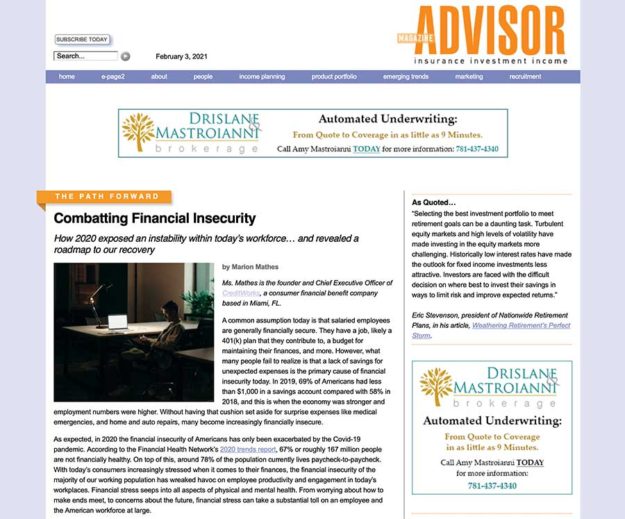Comprehensive Financial Wellness Programs: What To Expect In 2021?
The economic impact of Covid-19 amplified the crisis situation facing many working families. Pre-Covid-19, 78% of the population lived paycheck-to-paycheck and 69% of Americans didn’t have $1,000 to cover an unexpected expense. These staggering statistics indicate that the financial fragility of our country is both pervasive and widespread. Living paycheck-to-paycheck means that the people in…










